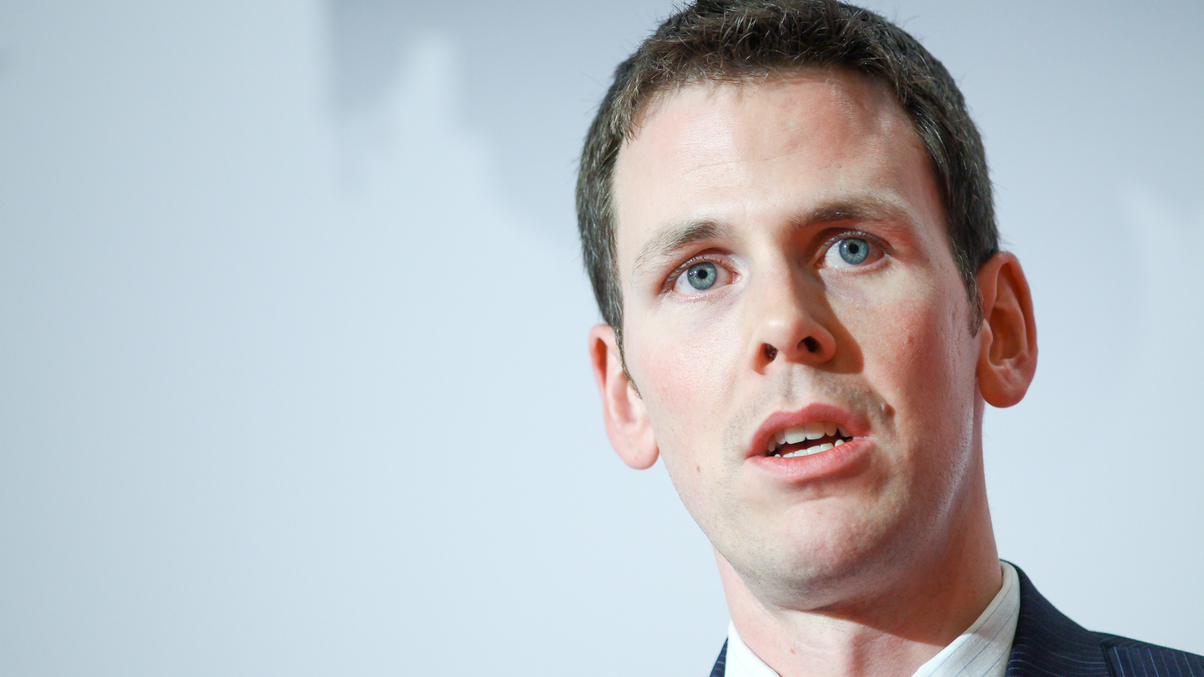Cyber terrorism or war with Iran: which to fear most?
Global macro specialist Matthew Murphy considers things to keep investors up at night, and where to find best value.

If terrorism is set to go cyber, how will that affect your portfolio and how should you hedge against it? And what’s more scary, a eurozone implosion or an Israeli strike on Iran?
Sign in to read on!
Registered users get 2 free articles in 30 days.
Subscribers have full unlimited access to AsianInvestor
Not signed up? New users get 2 free articles per month, plus a 7-day unlimited free trial.
¬ Haymarket Media Limited. All rights reserved.


